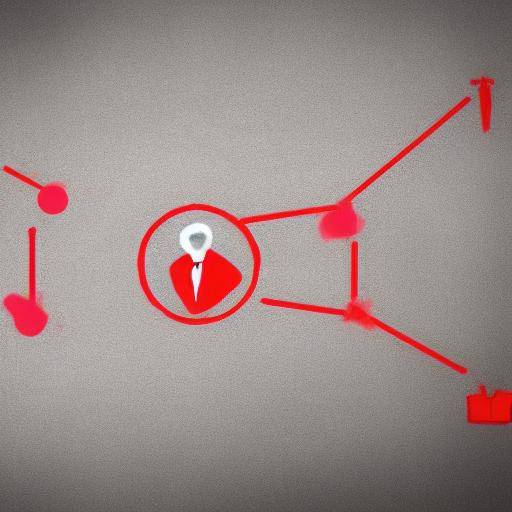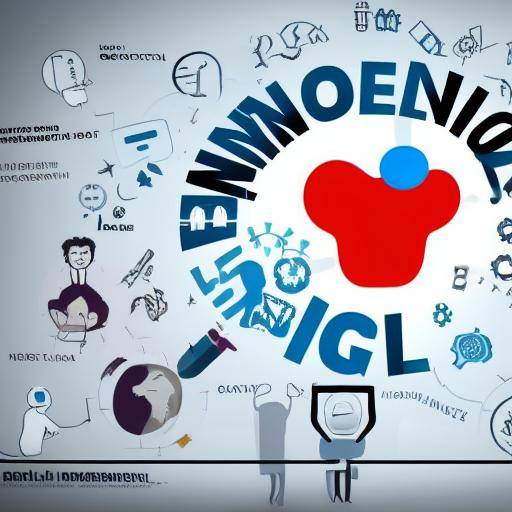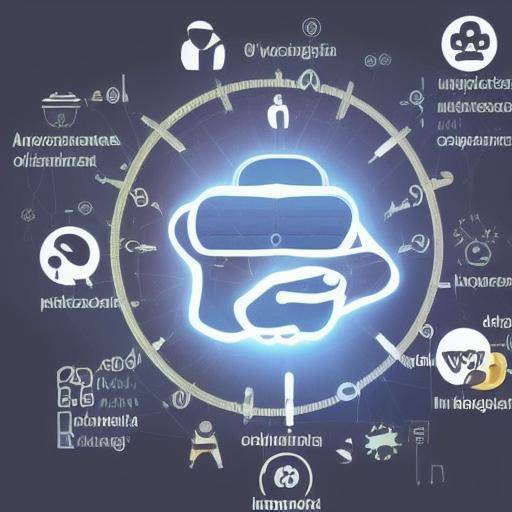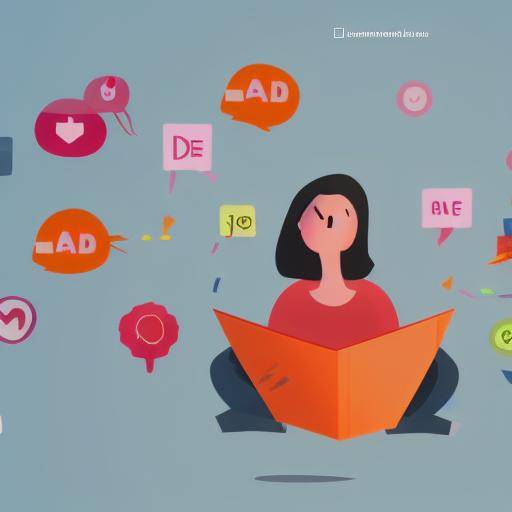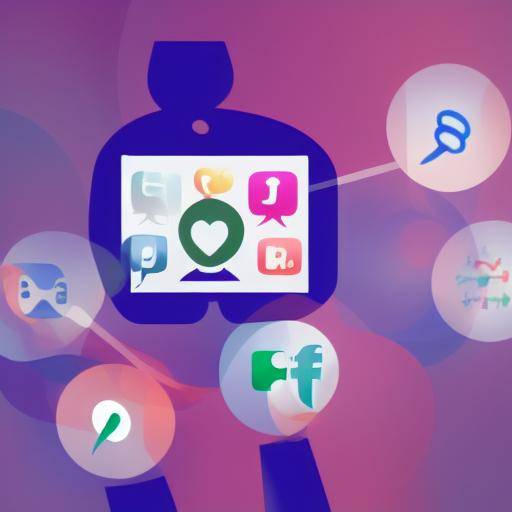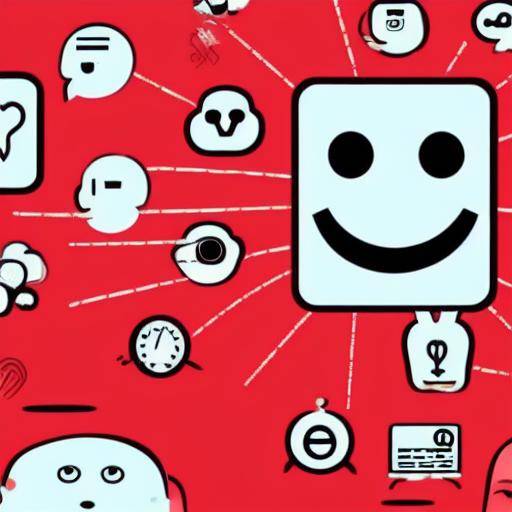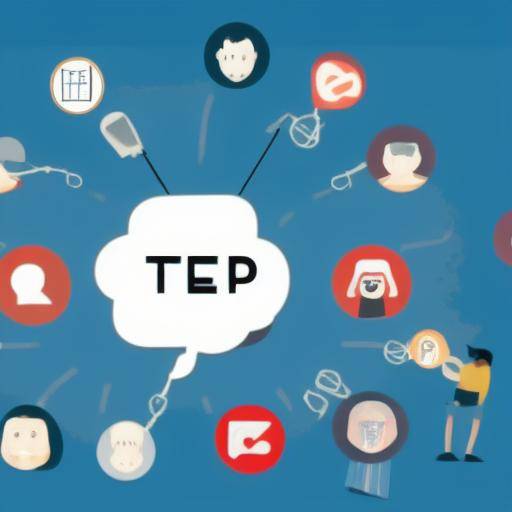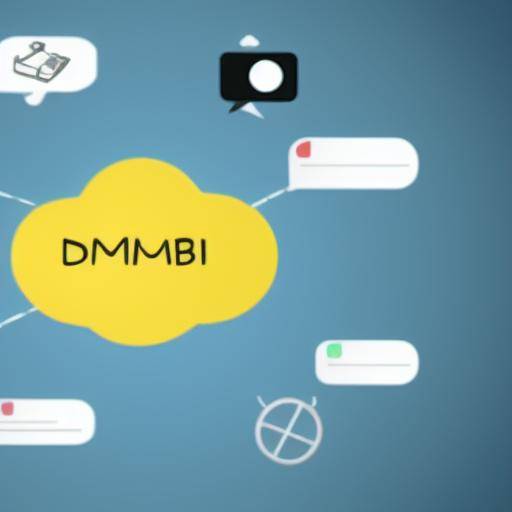
Empathy is a crucial skill in interpersonal relationships and plays a fundamental role in the development of social intelligence. Learning to understand and connect emotionally with others is essential to building strong and meaningful relationships. In this article, we will explore in depth the importance of empathy, how to develop these skills and their impact on social intelligence. We will also examine practical strategies to improve empathy and its influence on interpersonal relationships. Join us on this journey to discover how empathy can be a determining factor in strengthening our human connections!
Introduction
In an increasingly interconnected world, the ability to understand and resonate with the emotions of others is essential. Empathy has become a valuable competition in all areas of life, from the working environment to personal relationships. This article will be immersed in the profound meaning of empathy, explore its relevance in today's society and provide practical advice for its development. Join us as we unravel the mysteries of empathy and its impact on social intelligence.
History and Background
The notion of empathy has its roots in the history of humanity, and its evolution over time has been fascinating. From the first philosophers to modern psychological theories, empathy has been the subject of deep study and reflection.
Empathy has played a crucial role in the formation of society. In ancient Greece, philosophers like Aristotle explored the idea of "simpathy", a precursor concept of empathy. Advancing time, modern psychology has broadened our understanding of empathy, revealing its role in human relations and social dynamics.
Since then, empathy has been recognized as a vital factor in social intelligence. The recognition and understanding of the emotions of others not only enrich our interactions, but also contribute to greater understanding and cooperation in society.
Detailed Analysis
Empathy not only benefits at the individual level, but also has a significant impact on the social and professional sphere. A recent study reveals that empathic people tend to have healthier and more satisfying relationships. In addition, companies are increasingly recognizing the importance of empathy in the working environment, as it promotes a collaborative and compassionate work environment.
However, although the benefits of empathy are undeniable, their development can present challenges. Some people may face obstacles in trying to understand and connect with the emotions of others. These challenges can be addressed through strategies and exercises designed to cultivate empathic skills.
Exhaustive examination
Encouraging empathy is crucial in building strong and meaningful human relationships. Through constant active listening practice, placing ourselves in the place of the other and showing genuine interest in the emotions of others, we can nourish and strengthen our empathy. These skills not only benefit our daily interactions, but also contribute to a more understanding and compassionate world.
In addition to individual strategies, organizations and communities can implement programs to promote collective empathy. This not only benefits the individuals involved, but also has a positive impact on social cohesion and conflict resolution.
Comparative analysis
Social intelligence, to a large extent, is based on empathy and its ability to understand and respond effectively to the emotions of others. The connection between empathy and social intelligence is undeniable, as both complement each other. While empathy focuses on emotional understanding, social intelligence encompasses a broader spectrum of skills that include emotional management, cognitive empathy and ability to establish meaningful and collaborative relationships.
It is crucial to recognize that empathy not only applies in the personal sphere, but plays a key role in ethical decision-making and conflict resolution at the social and global levels. Its influence extends to all aspects of life, from daily interactions to large-scale policymaking.
Practical Tips and Accessible Tips
Here are practical tips for the development of empathy in everyday life:
- Listen Activate: Pay full attention to what the other person is expressing, without interrupting and showing genuine interest in their emotions.
- Get in the Other Place: He tries to understand the situation from the perspective of the other person, recognizing his feelings and perspectives.
- Practice Patience: Recognize that empathy requires time and effort, and be patient with yourself while developing these skills.
- Cultivate Tolerance: Learn to accept and value individual differences, fostering an environment of mutual understanding and respect.
- Expresses empathy in Action: Demonstrate your empathy through concrete acts, either by providing emotional support or by taking measures to alleviate the suffering of others.
By implementing these tips in everyday life, it is possible to significantly improve empathic skills and strengthen interpersonal relationships.
Perceptions of Industry and Expert Reviews
From the standpoint of experts in psychology and personal development, empathy is considered a fundamental pillar for emotional well-being and mental health. Experts agree that the development of empathy promotes greater social harmony and contributes to the construction of a more just and equitable society.
In observing various professional environments, empathy can be seen influencing labour dynamics, fostering collaboration, conflict resolution and effective leadership. Organizations that prioritize empathy tend to create more inclusive and well-being-oriented labour cultures for their employees.
Case Studies and Real Life Applications
Numerous case studies have been conducted to analyze the impact of empathy in different contexts. An emblematic case is that of a company that implemented training programs in empathy for its teams, resulting in a notable increase in group cohesion and an improvement in labor satisfaction.
At the personal level, individuals who have dedicated time to the development of empathy have experienced significant improvements in the quality of their interpersonal relationships, as well as a deeper sense of connection with their social environment.
Future Trends and Predictions
As the world experiences significant changes in social and labour dynamics, empathy is expected to become even more relevant in the future. Trends indicate that skills related to emotional intelligence, including empathy, will be highly valued in the working environment and in society at large.
In addition, it is anticipated that technology and globalization will require an adaptation of empathic skills to address intercultural challenges and growing diversity. A scenario in which empathy is fundamental for the effective management of interpersonal dynamics in an increasingly connected world is seen.
Conclusion
Empathy, as a fundamental skill in the development of social intelligence, plays a crucial role in building meaningful relationships and creating collaborative environments. Its influence extends to all aspects of life, from our personal connections to the way we address social and labor challenges.
By cultivating empathy, we not only improve our relationships with others, but also contribute to a more understanding and empathic world. Recognition of the importance of empathy and commitment to its continuing development is essential for our personal growth and the enrichment of our social interactions.
Thank you for accompanying us on this journey of exploration of empathy and its impact on social intelligence!
Frequently asked questions
1. What is empathy and why is it important in interpersonal relationships?
Empathy is the ability to understand and resonate with the emotions of others, which contributes to building solid and meaningful relationships. It is crucial in interpersonal relationships as it promotes understanding, emotional connection and collaboration.
2. How can I develop empathic skills in my daily life?
The development of empathy in daily life can be achieved through the practice of active listening, placing ourselves in the place of the other, showing patience and expressing empathy through concrete actions.
3. What is the relationship between empathy and social intelligence?
Empathy is a fundamental component of social intelligence, as it contributes to emotional understanding, interpersonal relationships management and ethical decision-making.
4. How can empathy influence the working environment?
Empathy in the working environment promotes collaboration, conflict resolution and the creation of more inclusive and employee-friendly labour cultures.
5. What impact can empathy have on society as a whole?
Empathy in society can promote social harmony, conflict resolution and contribute to the construction of a more just and equitable society.
6. What are future trends related to empathy?
Empathy is expected to become even more relevant in the future, especially in the working environment and in adapting to intercultural challenges and diversity in an increasingly connected world.
We hope that these answers have clarified your doubts about empathy, social intelligence and its importance in interpersonal relationships.
In short, empathy is a crucial skill that influences our daily interactions, our participation in society and our contribution to the working environment. By understanding their importance, developing empathic skills and fostering their application in various fields, we can build more meaningful relationships and contribute to the creation of a more comprehensive and supportive world.






